Deputy Grand Chief Anna Betty Achneepineskum is encouraging community members who were not able to attend the Missing and Murdered Indigenous Women and Girls pre-inquiry in Thunder Bay to submit written statements.
“The ministers are committing to that, where they are willing to take those written letters,” Achneepinskum says on the second day of the Jan. 5-6 pre-inquiry. “We are going to have our NAN (Nishnawbe Aski Nation) staff assist in contacting families. If they want to make a written statement, we will assist them with that.”
Achneepineskum says NAN did not have enough time due to the short notice of the pre-inquiry to contact all the community members who are affected by the Missing and Murdered Indigenous Women and Girls issue.
“We worked as quickly as we could to try to get as many of our family members of Nishnawbe Aski Nation involved,” Achneepineskum says. “We have some of families here that came from our remote communities and our other NAN communities, but I felt that there are still a lot of families out there who are not here.”
Achneepineskum is working with Nishnawbe-Aski Police Service to determine who else is affected by the issue.
“There are some grey areas as well where some of the homicides or some of the deaths were listed as undetermined,” Achneepineskum says. “So we are going to be pulling those particular numbers as well. We do know there is a significant amount of families out there. I can’t put a number on it, but even one (missed) family is too much.”
Achneepineskum says five women from Mishkeegogamang have gone missing or been murdered over the past three decades.
“And right now there is a woman they are searching for,” Achneepineskum says. “That is just a small fraction of our territory, so we do know there are a number of families out there that are affected by missing and murdered family members. I say family members because it’s not just women, it’s children and men too that should be part of this.”
Community members can also use the federal government’s recently announced Missing and Murdered Indigenous Women and Girls pre-inquiry online survey to get involved in the process. The online survey was launched on Jan. 5 to enable survivors, family members, loved ones of victims, front-line service providers and others to provide input into who should conduct the inquiry, its timeframe, who should be heard as part of the inquiry process and what issues should be considered. It is available at: www.aadnc-aandc.gc.ca/eng/1448637991710/1448638013197.
Achneepineskum says about 175 people were registered for the pre-inquiry as of Jan. 4.
“We’re getting not only the family members, we’re getting some people that are here in roles of leadership and other advocate groups (who came to) sit with the families,” Achneepineskum says. “I am quite encouraged by the interest we are getting here despite the very short notice.”
Achneepineskum says participants have brought up suggestions that the national inquiry to address the high number of missing and murdered Indigenous women and girls should be “designed to meet the needs of the Anishinabe way.”
“The commissioners should be people that have knowledge and experience with this issue and (are) Anishinabe,” Achneepineskum says. “Those are some of the common (suggestions).”
Indigenous and Northern Affairs Canada Minister Carolyn Bennett says a suggestion was also made to name the inquiry “in an Indigenous way.”
“So we are going to have to take that back to find out how are we inclusive of not only our First Nation sisters but the Inuit and Metis sisters as well,” Bennett says. “That will be a challenge for which we are welcoming advice as to how we should do that that shows inclusiveness but shows Indigenous ways of knowing and doing.”
Status of Women Minister Patty Hajdu says a suggestion was also made to include the voices of women who have had a near miss in terms of surviving extreme violence in their lives.
“(In) every consultation, we’ve had two now, we learn new things and we learn how to move forward in a way that really will help us reach the goal, which is an inquiry that is right, that will get to the answers that families need to have answered through the process of a national inquiry,” Hajdu says. “From my perspective it has been an incredible day. We learned a lot of new things in this particular inquiry.”
Bennett and Hajdu met with the family members on Jan. 6 at the Victoria Inn after orientation sessions for family members were held on Jan. 5.
Indigenous women make up four per cent of the population, but 16 per cent of all women murdered in Canada between 1980 and 2012 were Indigenous women. Indigenous women are three times more likely to report experiencing violence.
The federal government announced the launch of the national inquiry to address the high number of missing and murdered Indigenous women and girls on Dec. 8. The inquiry was included among the The Truth and Reconciliation Commission's 94 Calls to Action.

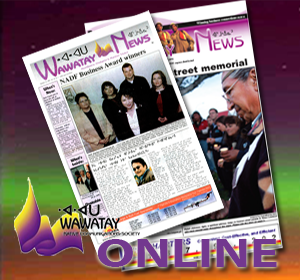





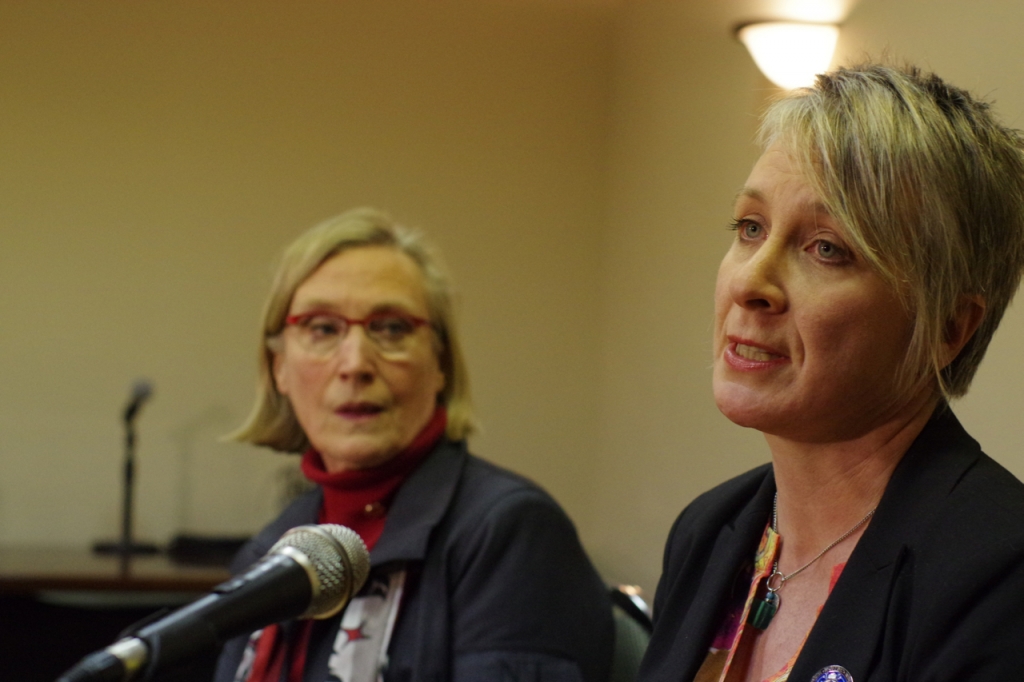
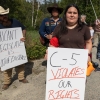
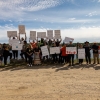
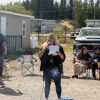
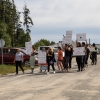







I am the product, evolution of many thousands of years as are you. I grew up on the land in the remote far north of Ontario following in the footsteps of my...
One of the most beautiful serene places I’ve ever visited was on the banks of the Opinagau River in northern Ontario, just near the corner of land where...